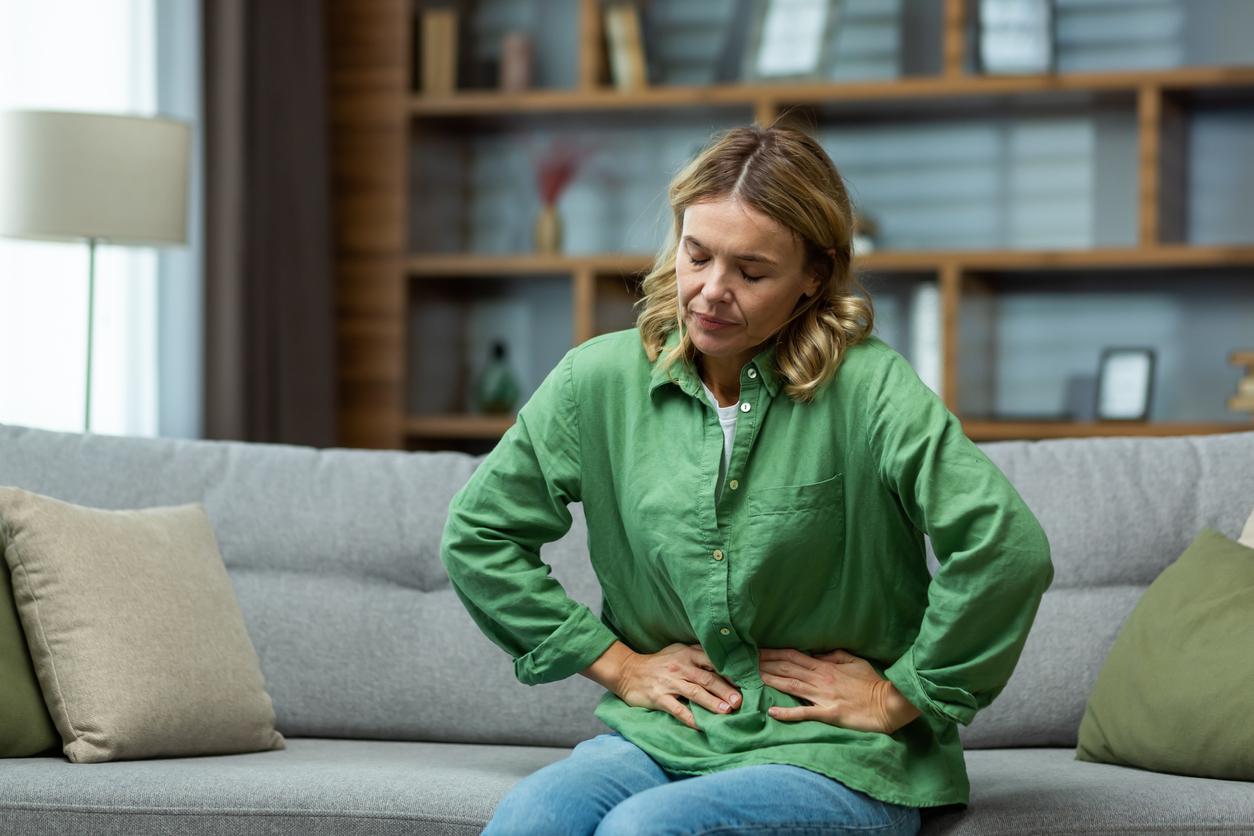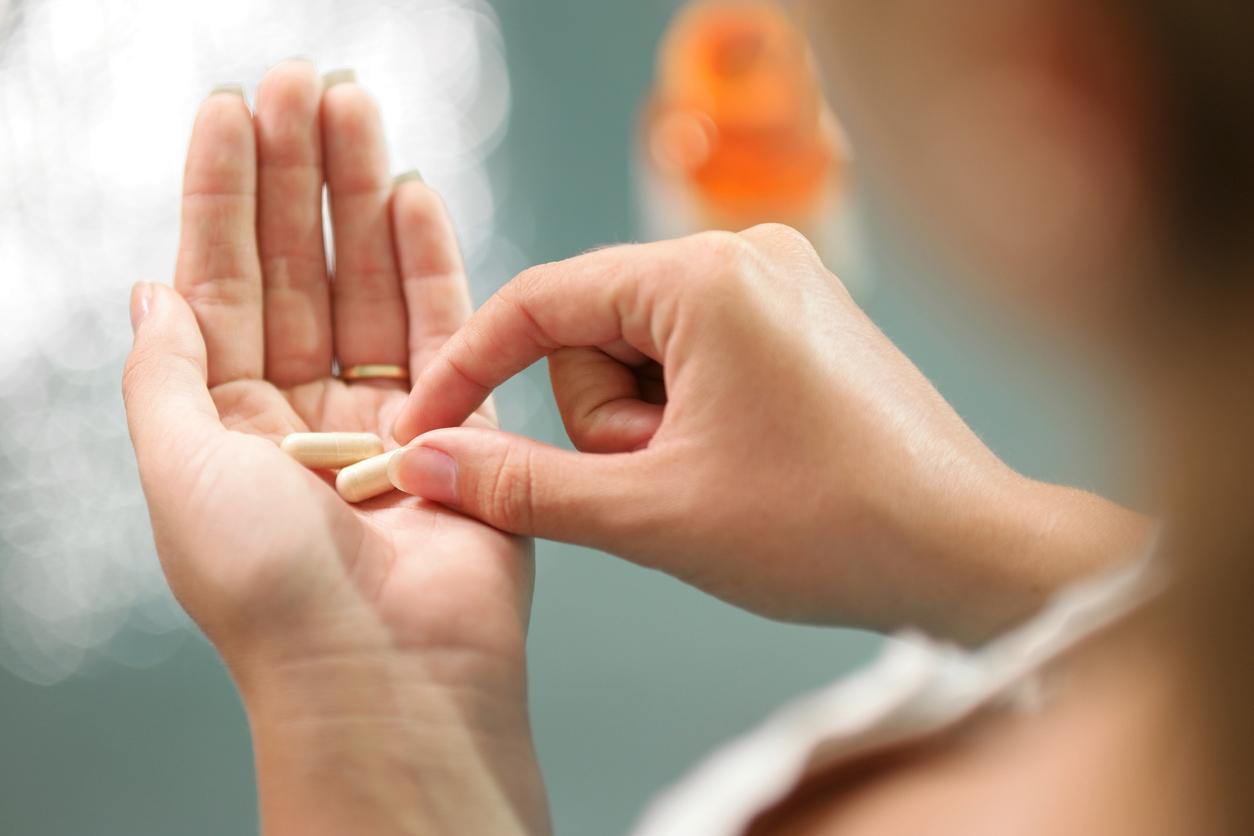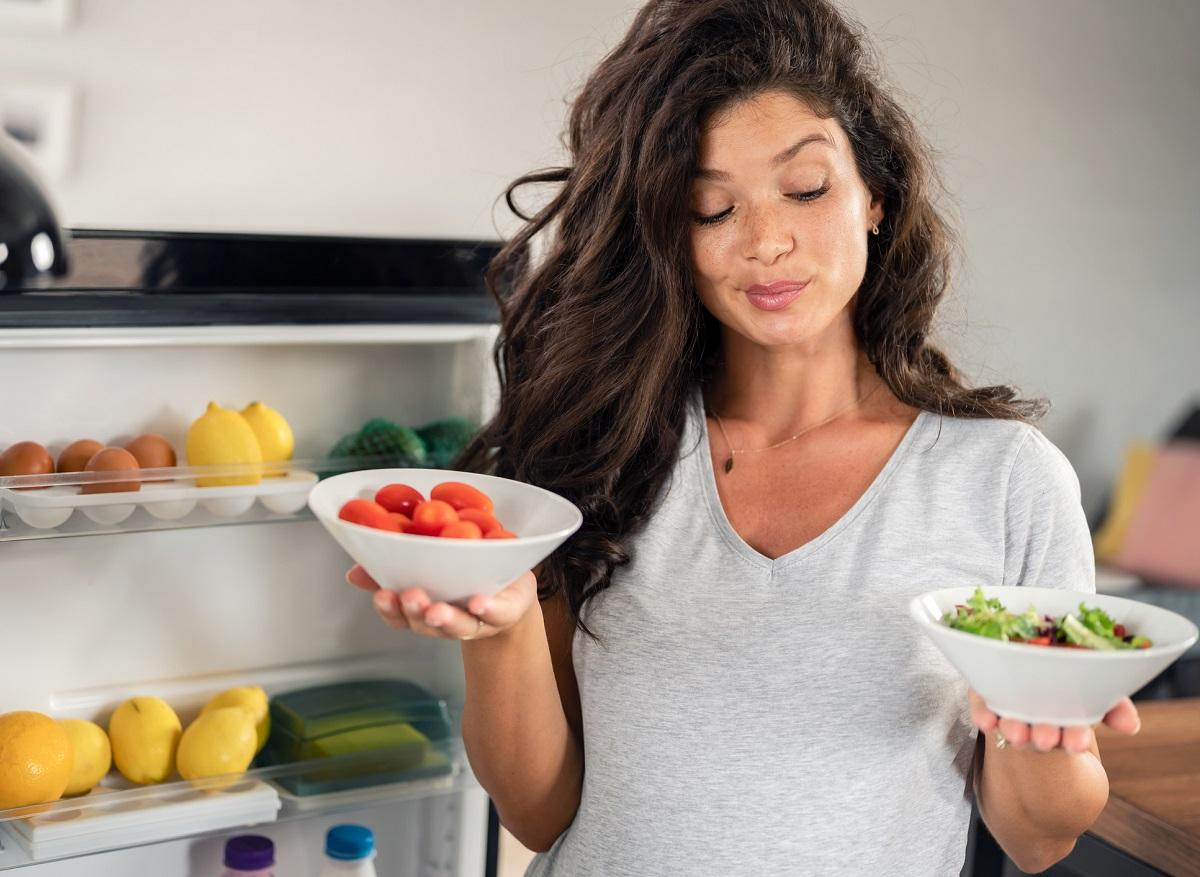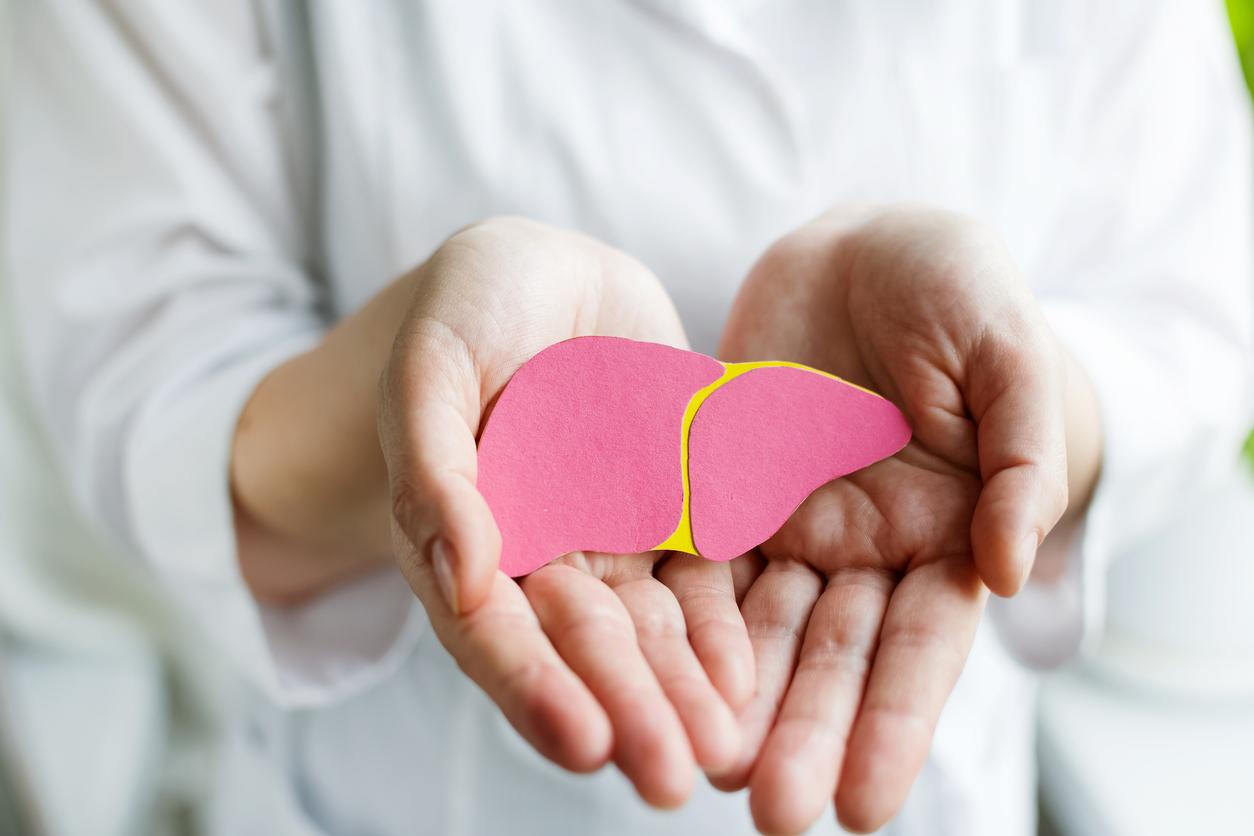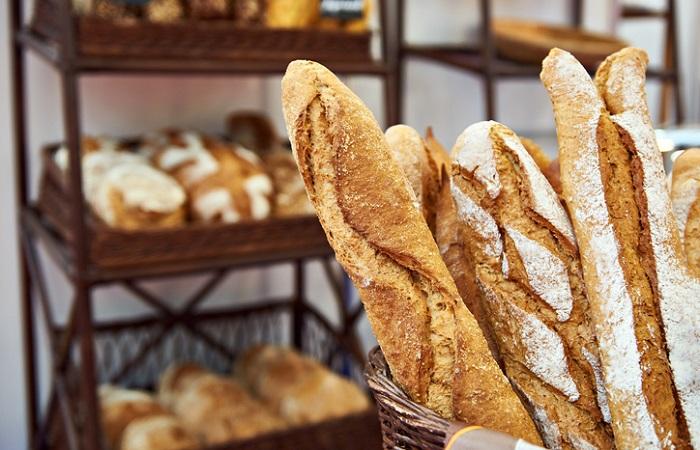Crohn’s disease cannot be cured, you have to learn to live with it, to the rhythm of flare-ups and episodes of remission. The intestines of the sick become inflamed, causing diarrhea, abdominal pain, constipation and other digestive symptoms. While the drugs reduce the number and intensity of flare-ups and symptoms, they do not stop the disease from progressing. And when the drugs become ineffective in relieving symptoms, then surgery is the only solution.
What foods to eat in case of flare-ups?
In addition to medical and surgical treatments, certain dietary measures can improve the patient’s comfort and quality of life. “If no food can trigger or prevent disease or flare-ups, simple advice makes digestion more pleasant,” recalls Alexandra Martin, dietitian at the AFA association. “During outbreaks, you have to apply common sense dietary measures. In case of diarrhea, dairy products, raw fruits and vegetables, spices and alcohol are not recommended. Patients must remember to split meals and force themselves to eat and drink a lot, ”explains the dietician of the association. To avoid gas, she advises against garlic, onion, shallots, mushrooms, raw fruits and vegetables, as well as soft drinks. “In the event of a narrowing of the intestine or constipation, I recommend that patients eat soft, mixed or ground foods, chew for a long time and eat small meals,” continues Alexandra Martin.
How to improve your transit between relapses
Apart from relapses, one in two patients recovers normal intestinal transit, the others alternate between diarrhea and constipation. A few simple tips promote better digestion: favor white starchy foods, which are more digestible than whole starchy foods. Eat enough fish, meat, eggs, cheese for an adequate intake of iron and protein, which aid in wound healing.
“Raw fats, such as butter or olive oil improve digestion and give a lot of energy”, adds the dietician. It is also preferable to consume fruits and vegetables mixed, reduced, in compote, juice or soup, more digestible than the raw or whole forms.
In addition, the dietician advises against taking supplements in minerals or vitamins bought in pharmacies: “they are not very effective in Crohn’s disease because they pass through the traditional circuit of ingestion, by the intestine, whereas it generally works poorly ”. Regular examinations allow monitoring of nutrient intake. In case of deficiency, the doctor will prescribe nutrients by direct injection to prevent passage through the digestive system.
The meal must become a pleasure again
Ideally, patients should also pay attention to the environment of their meal: “it should be a quiet moment, in a serene context. Taking your time is also important, poor chewing or salivation leads to poor digestion. So you have to chew as much as possible, ”advises Alexandra Martin. “Patients should eat more because they absorb nutrients less well, and the disease consumes a lot of energy. However, it is rather the opposite that occurs because patients have often withdrawn a lot of foods from their nutritional diet on their own. We must encourage them to eat, ”concludes the specialist.
For more information, visit the afa website Conquering Crohn’s Disease and Ulcerative Colitis www.afa.asso.fr
Interview on December 20, 2016
Thanks to Alexandra Martin, dietician for the Association François Aupetit.
To read also
Crohn’s disease: a fungus identified as a factor in the disease
Crohn’s disease also has an impact on the brain
IBD: genetics and the microbiota both responsible











